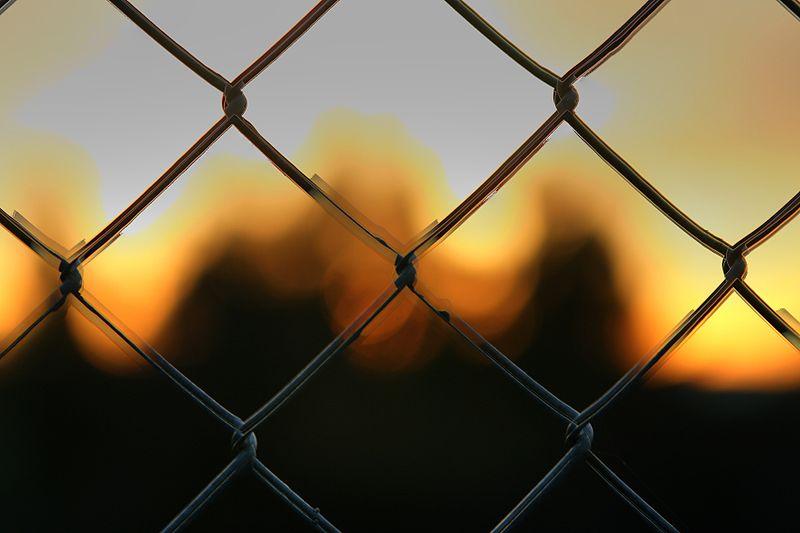Liberia’s forgotten prisoners
By Jess Engebretson
Solomon Harris has been locked up in Monrovia Central Prison for almost three years now. But he hasn’t been convicted of anything. He’s awaiting trial, accused of armed robbery. He said he’s innocent.
Harris said the four others who were arrested with him have been released after paying about $60 each. But he can’t afford that. He said he has no money, no lawyer, and very little hope.
He’s not alone. Monrovia Central Prison holds nearly 900 inmates. Of those, only about 90 have been convicted of a crime. Liberia’s overburdened justice system can’t handle all these cases. Many defendants don’t even know the status of their cases.
Less formal and faster
But an initiative called the Magistrate Sitting Program (MSP) has begun to tackle the problem. The MSP is less formal – and faster— than a regular court. There’s no jury or witnesses. The lawyers, judge, and defendants meet in a small UN trailer inside the prison compound to review cases.
Today’s session is slated to begin at ten, but no one arrives until noon. The court clerk hands out the docket. Defense lawyer John Gbesioh is frustrated that the court didn’t tell him in advance who he’s representing
“The paper is just being brought now,” Gbesioh said. “You and I are just seeing it together for the first time.”
Three cases are on the docket, but two of the detainees can’t be found. The one prisoner who does appear is Sekou Kamara, a 22-year old accused of stealing two motorbikes.
Gbesioh argues that since Liberian law requires that detainees accused of misdemeanors be tried within 15 days, Kamara should be released.
“This indicates that the prosecution lacks sufficient evidence, and should set the defendant free,” the defense argued.
The prosecutor said he’s willing to release Kamara – if he posts bail.
“I pose to this honorable court and your honor, that the defendant should not be released from prison until a violent criminal appeal on bond should be filed, in keeping with law,” the prosecution said.
The detainee, Sekou Kamara, sits in the back. He’s barefoot. He doesn’t appear to be paying attention maybe because he can’t understand what’s going on. He doesn’t speak the Standard English used in the court. After the review, a lawyer will take him aside and explain in Liberian English what happened.
The verdict
In the end, the judge agrees with the prosecution. But Kamara can’t afford bail, so he’s sent back to jail until the next hearing.
Kamara’s case is unusual. The MSP frees most of the defendants who get a hearing, several hundred over the past year. John Gbesioh, the public defender, said the program is helping ensure that prosecutors comply with Liberian law.
“Since we introduced this particular program, we have been on the back of prosecution, putting pressure on them to perform,” Gbesioh said. “And as a result, we ensure that they are complying with the rule of law. So this program is very necessary because it gives access to justice for those who can’t afford.”
Still, the MSP won’t solve the problem of Liberia’s overcrowded prisons. The program only operates in Monrovia. And it only reviews misdemeanor cases.
Most of the detainees clogging Liberia’s prison system are accused of more serious crimes, like armed robbery and rape. So the detainee Solomon Harris, who’s been waiting years for a trial, will have to keep waiting. He still has no way to challenge his detention.
